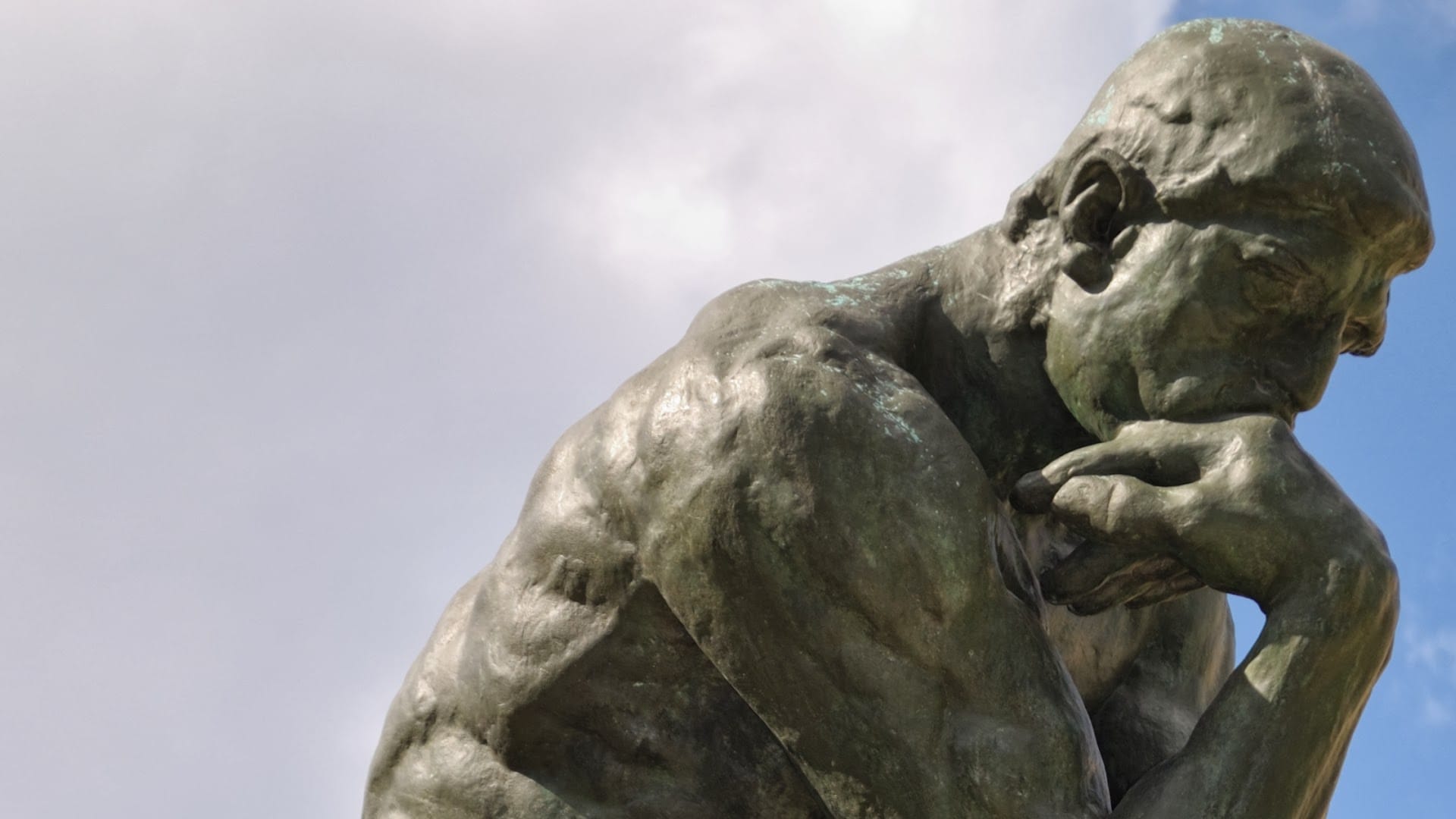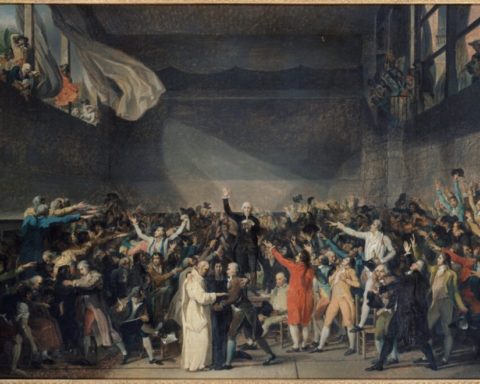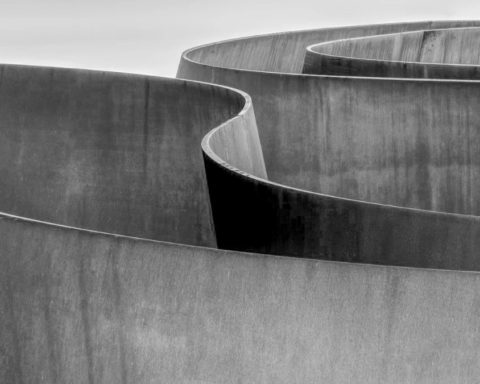
Edgar Morin

Abdennour Bidar

Bernard-Henri Lévy

Raphael Glucksmann


Michel Onfray's comments were included in a Daech propaganda video on 21 November.
READ UP'. : Michel Onfray : stupid talk

Bertrand Stiegler

Michel Houellebecq







READ UP'. : Michel Onfray : stupid talk






Already registered? I'm connecting
Register and read three articles for free. Subscribe to our newsletter to keep up to date with the latest news.
→ Register for free to continue reading.

You have received 3 free articles to discover UP'.





